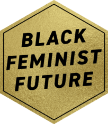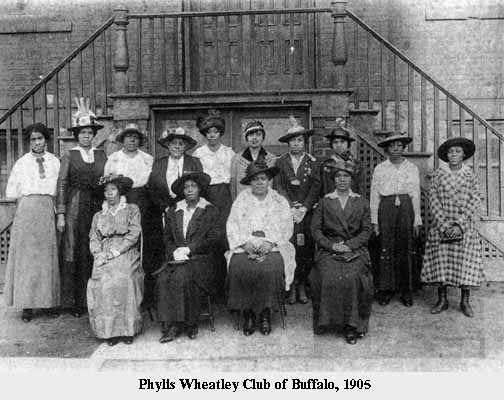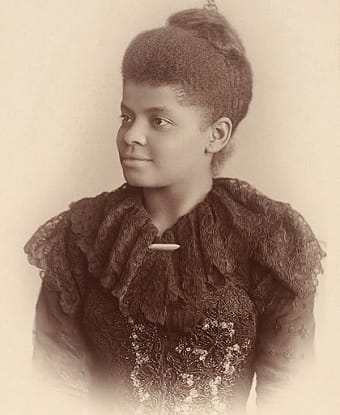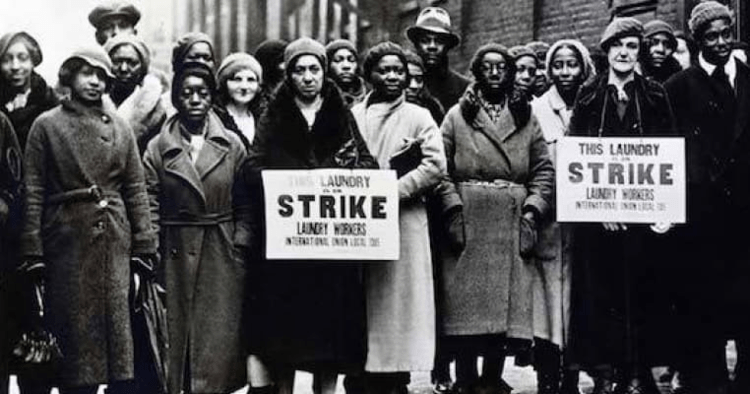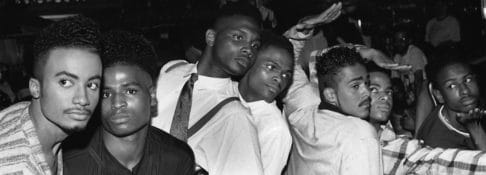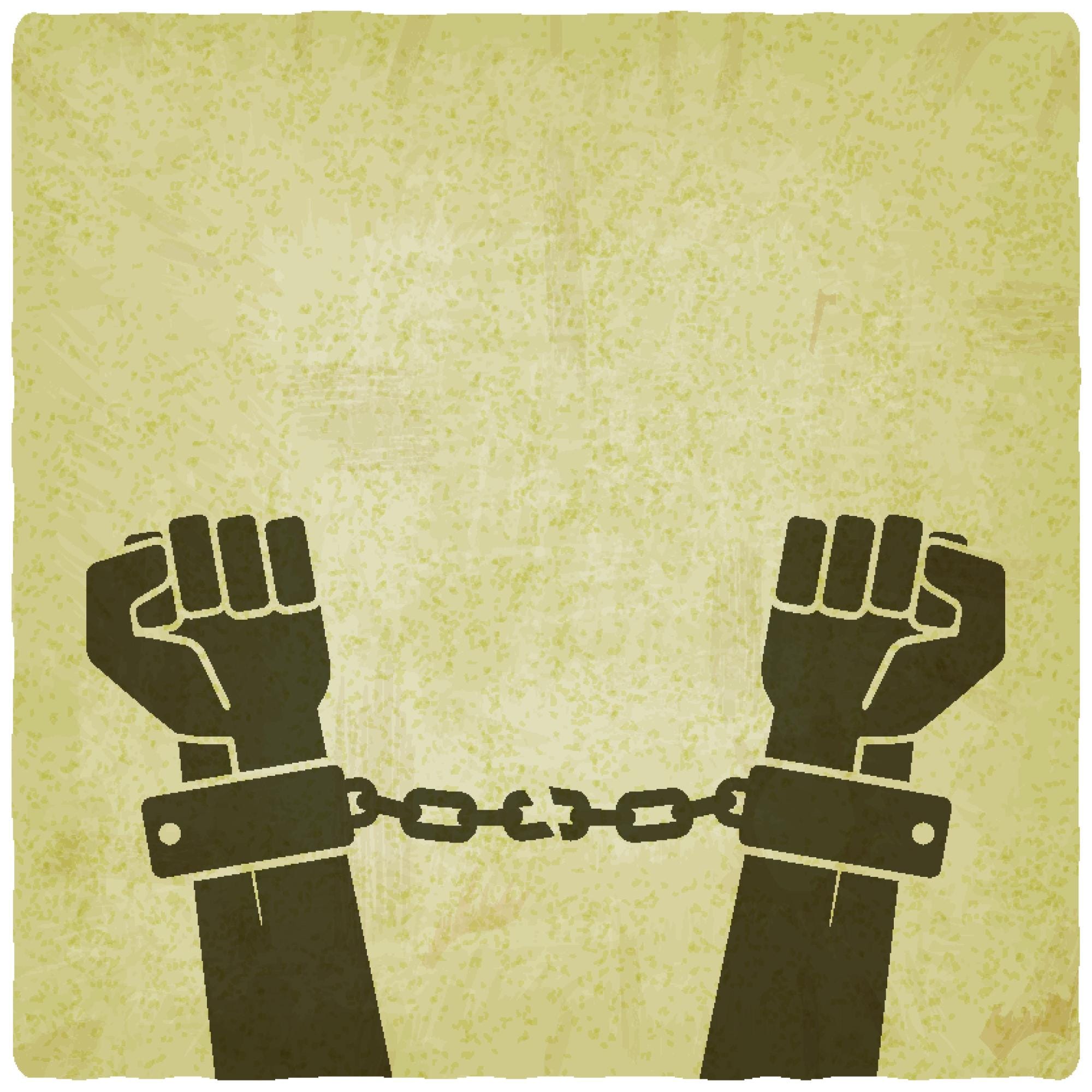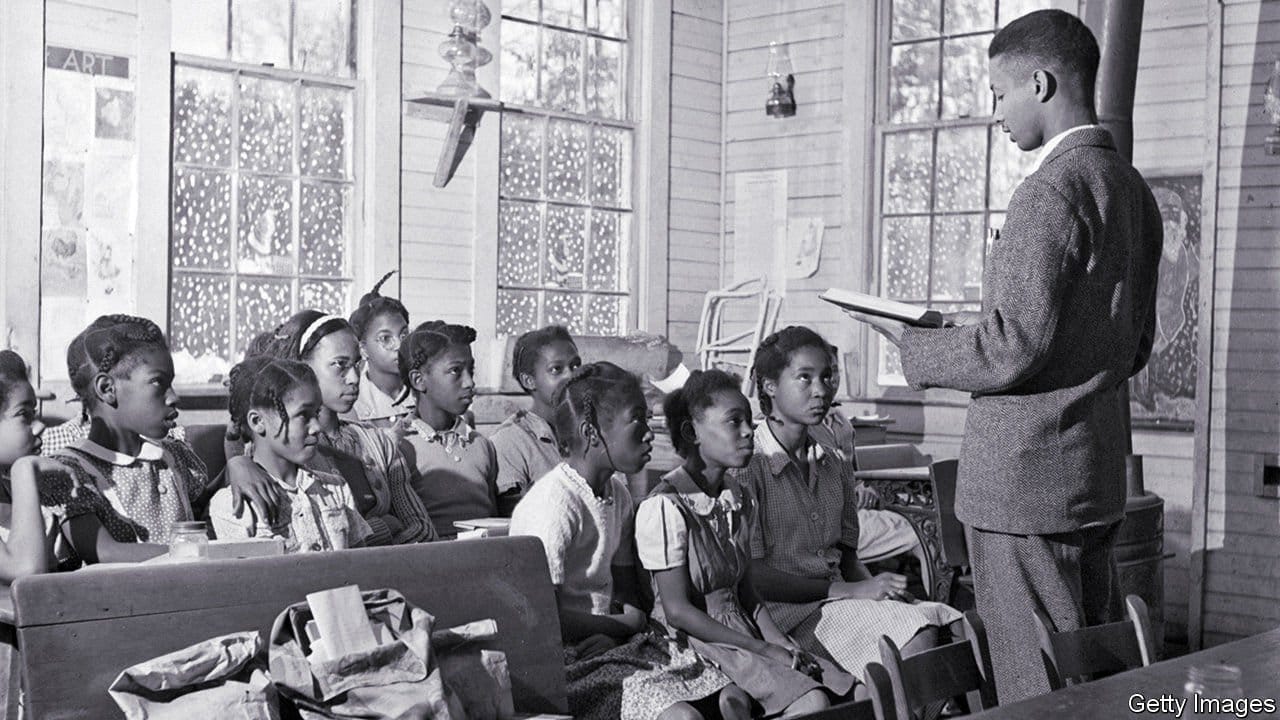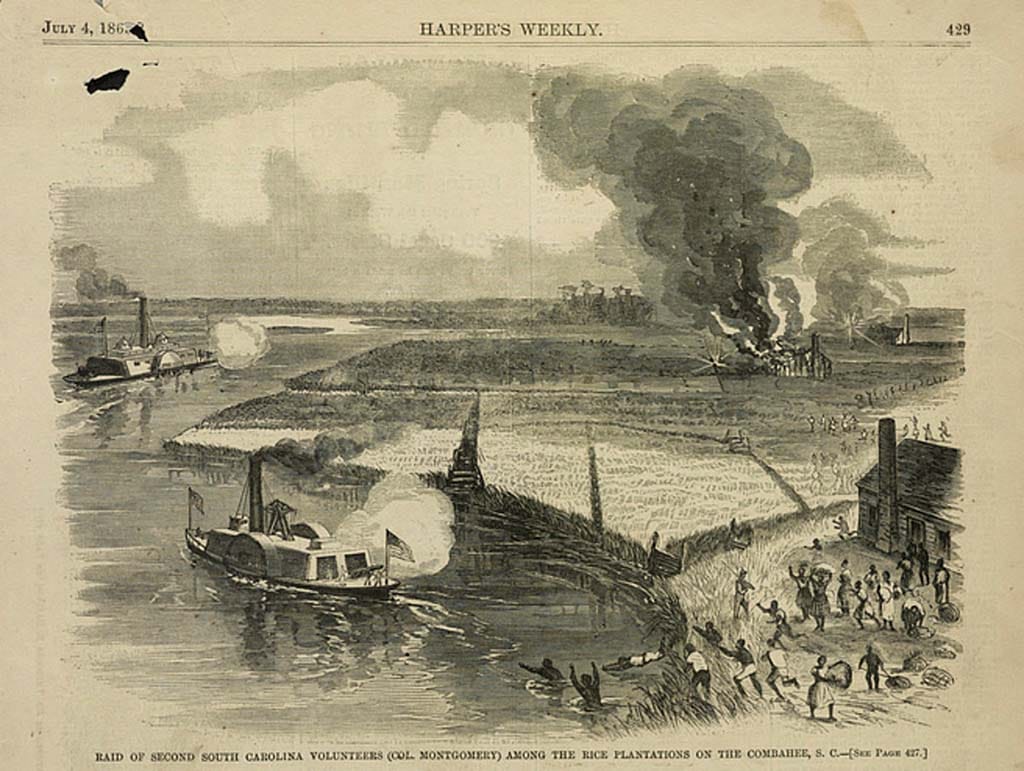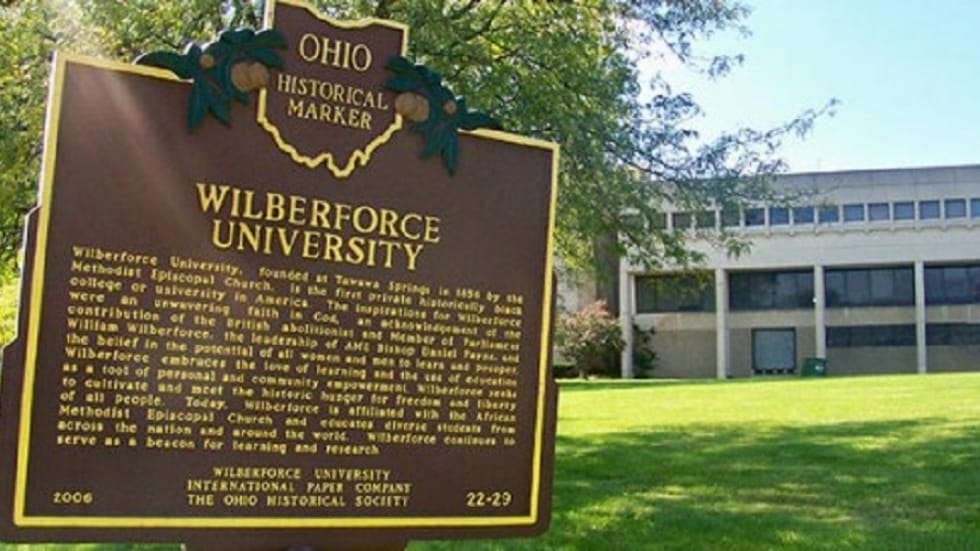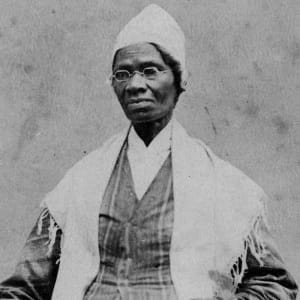Race women were Black women intellectuals who studied and discussed race-related issues. They were activists, institution builders, and public thinkers who were often faced with the insurmountable task of “proving the intellectual character of the race.” In Beyond Respectability, Brittney Cooper showcases the genius of race women while also inviting us into their humanness and their lives beyond their work.
Author: developer
Formation of Social and Political Clubs
Due to Black women being excluded from services that benefitted white women and Black men, the club movement, which began in the 1890s, became an avenue for Black women to educate each other, share resources, and build community. While the club movement was initially critiqued by some for being elitist and for pandering to the white gaze, the movement evolved from being centering on self-improvement and cultural activities to also becoming a platform for organizing and activism around such issues as lynching and suffrage.
Anti-Lynching
Anti-lynching was an organized movement across the United States to abolish lynching—the act of murdering someone, especially by hanging, for an alleged offense with or without legal trial. One of the leaders of this movement was Ida B. Wells, who, after the lynching of one of her close friends and two other Black men, began documenting lynchings in the South. Black women also formed the Anti-Lynching Crusaders, which, under the guidance of the National Association for the Advancement of Colored People (NAACP), raised money to pass the Dyer Anti-Lynching Bill, which was passed in 1922.
Atlanta Washerwomen Strike
In the summer of 1881, Black women laundresses formed a trade organization named the Washing Society to demand better pay, recognition, and agency over how their work was organized. Within three weeks, the Washing Society grew its membership from 20 participants to 3,000. The strike was successful, as the city conceded and agreed that Black women laundresses should have higher wages and greater autonomy over their work.
Ball Culture and Community
Ball culture is an LGBTQ+ subculture and safe haven for Black and brown queer people. Through participating, or “walking,” in a ball, participants get the chance to compete for titles, prizes, and trophies—and, most importantly for many, to build community. While ball culture is said to have emerged in the 1920s in New York City, historic accounts show that drag balls have occurred since the 1800s.
Abolition/Freedom
The abolition movement, which spanned across Europe and the Americas, questioned the morality of slavery and created the momentum necessary to end the transatlantic slave trade and chattel slavery. Notable leaders of the abolition movement included Harriet Tubman, Harriet Beecher Stowe, Sojourner Truth, Frederick Douglas, John Brown, and William Lloyd Garrison. The 13th Amendment, which was passed by Congress on January 31, 1865, and ratified on December 6, 1865, abolished slavery and involuntary servitude—except in the case of punishment for a crime. Due to this loophole and its consequences, abolitionists today are calling for the abolition of the carceral system in its entirety.
Access to Education
After the American Civil War, Black people mobilized to bring public education to the South. The school system, which was at that time segregated by race, was rife with inequalities. Black schools were supported by missionaries, charities, the Freedmen’s Bureau, and most importantly, poor Black people who had an unwavering commitment to building institutions that would serve Black communities.
Combahee River Raid
In 1863, Harriet Tubman planned the Combahee River Raid alongside abolitionist Colonel James Montgomery. The goal of the raid was to free enslaved people, recruit people into the Union Army, and destroy rice plantations. The raid was a success; on June 2, 1863, Harriet Tubman led 150 black Union soldiers in the Combahee River Raid, which resulted in the liberation of more than 700 enslaved people.
Wilberforce University
Wilberforce University, which was founded in 1856, was the first private historically Black college/university (HBCU) in the United States. It was named after 18th-century abolitionist William Wilberforce and was built to support the abolitionist cause while also providing Black people with a college education.
Sojourner Truth
Sojourner Truth (1797–1883) was an abolitionist, women’s-rights activist, and evangelist. She was an enslaved woman who, after gaining freedom, preached about abolition and equal rights. Her famous speech, “Aint I a Woman?” (1851), highlighted the discrimination that she experienced as a Black woman.
